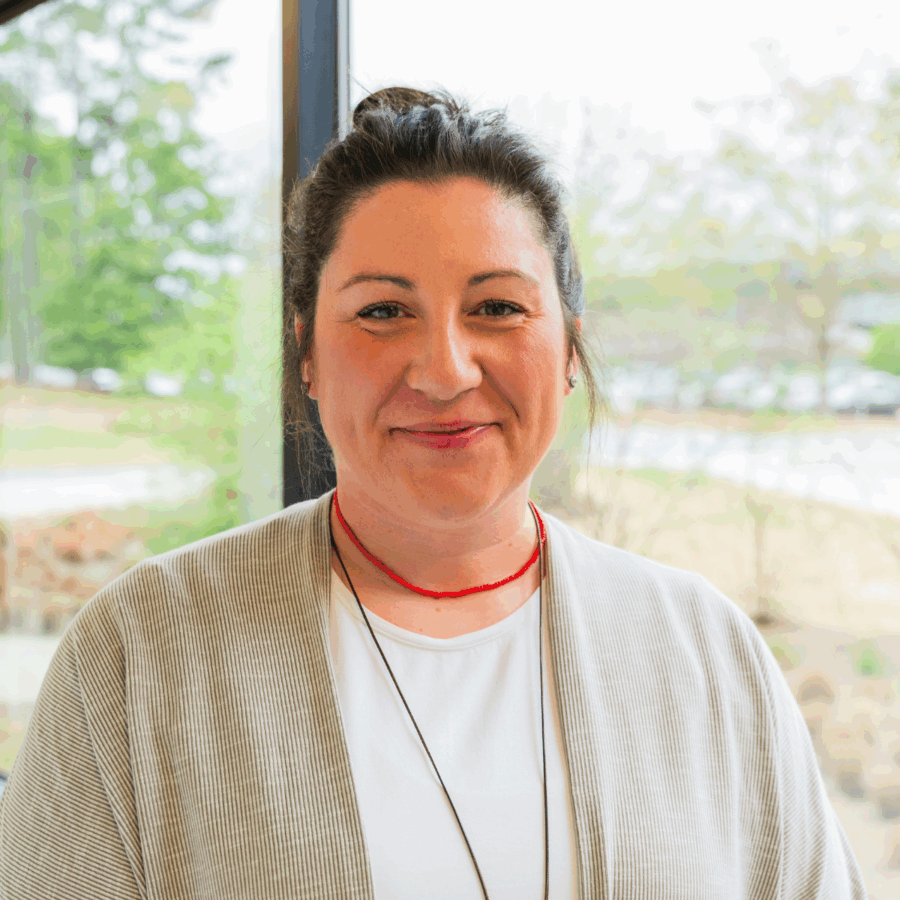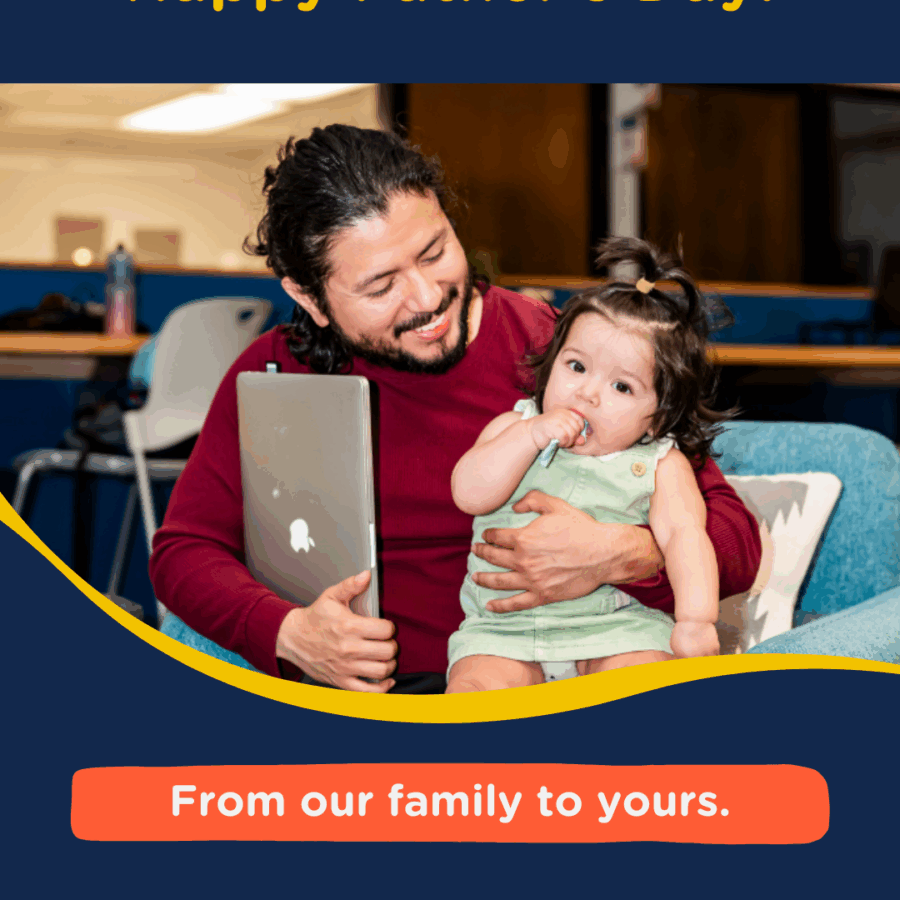Code the Dream is a nonprofit offering free programming classes and internships to underrepresented communities in the tech sector. A staff member writes about how working with immigrants has improved the quality and scope of the apps the organization builds.
I am just beginning to get comfortable in the old, eighteen passenger van when Juan, a staff member at the Episcopal Farm Worker Ministry who is clearly comfortable maneuvering the clunky van, pulls off the highway into the grass, jolting me up from my phone and sending backpacks and bottled waters flying across the vehicle. I’m startled – we’ve pulled off into the grass and are now headed down a gravel path that was nearly invisible from the main road, the van rocking violently back and forth as Juan peers ahead into the darkness. My co-worker Lori is looking intently at the directions on her phone, trying to make sure that we are in the right place.
It’s a late Wednesday evening, and we are deep in rural southeastern North Carolina, testing an app for the Episcopal Farm Worker Ministry that helps them track and keep records of the myriad of migrant labor camps that dot the rural parts of the state. I work for Code the Dream, a nonprofit based in Durham, North Carolina. Code the Dream offers free programming classes and a paid internship program to underrepresented communities in the tech sector. We also build apps for other nonprofits and justice-oriented organizations.
Many of our app developers began as immigrant students in our classes, and they are currently building apps that serve their communities.
The app we are testing, called Vamos, is one of two apps that center around farmworkers on which we are currently working. It helps outreach workers locate and track their visits to labor camps; the other app, Conectate Carolina, is designed to help farmworkers find access to resources.
The camp we are trying to find is our third of the night, and visiting these camps has shown me the necessity of the apps we are building. Farmworkers face numerous challenges – lack of access to health care, unsafe housing, and labor exploitation to name a few – issues about which most of the public are uneducated. The immigrant student developers at Code the Dream have firsthand experience with these communities, and working with them on projects like Vamos and Conectate Carolina has opened my eyes to an issue that is largely ignored.
I’m particularly excited by Vamos and Conectate Carolina because our developers working on the apps have a personal stake in their success. Working with immigrants injects another layer of insight into these projects. One of the developers, Irene, grew up in a family of migrant farmworkers in western North Carolina. Her personal experience with the farmworker community has helped us make important decisions on the app, and Irene’s involvement in the project gives her the chance to impact her own community.
At Code the Dream, we value putting immigrants in the driver’s seat when it comes to tech that benefits their community.
Just last month we were awarded the GSK Impact Partner Grant, and at the awards ceremony Narayan, an immigrant student developer, told us that he had been to the GSK building in RTP once before, but then as part of the maintenance staff. Now, he was returning as part of a team accepting an award for improving the health of a community. He personally could use this moment to trace his growth as an immigrant from Nepal who could now support his family with the tech knowledge and experience he had gained at Code the Dream.
I have only been at Code the Dream for about three months now, but this experience of working with immigrants has taught me that giving immigrants a seat at the table makes our technology better, our reach farther, and our lives richer. A more accountable, more just tech sector will be built by immigrants.
We as an organization are proud to be made up of immigrants and refugees, and we’ll keep placing those voices at the center of what we do.





